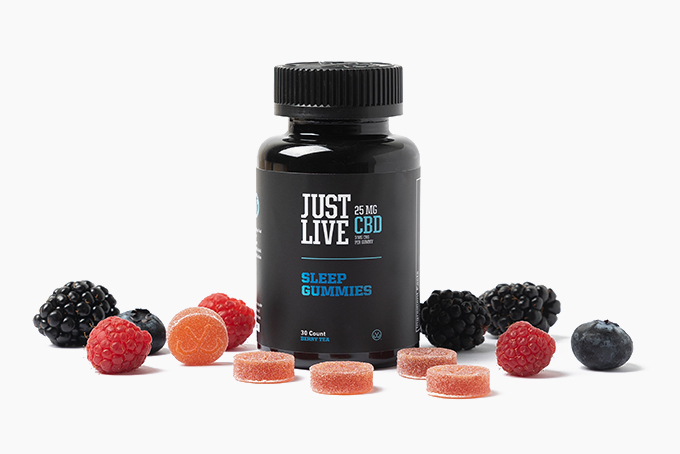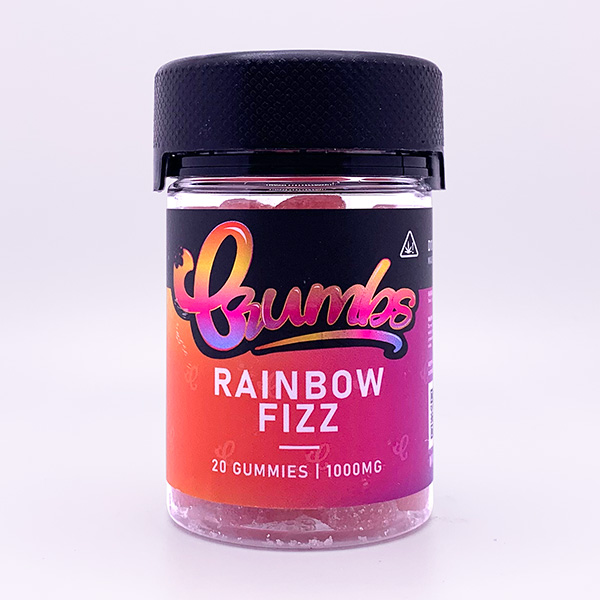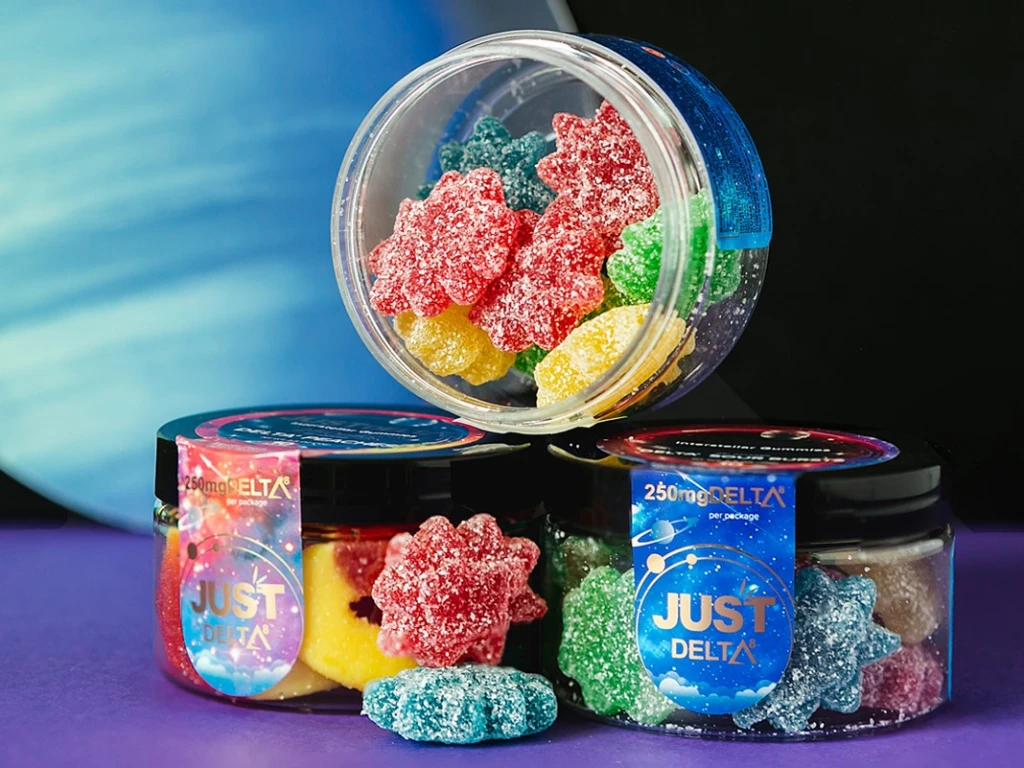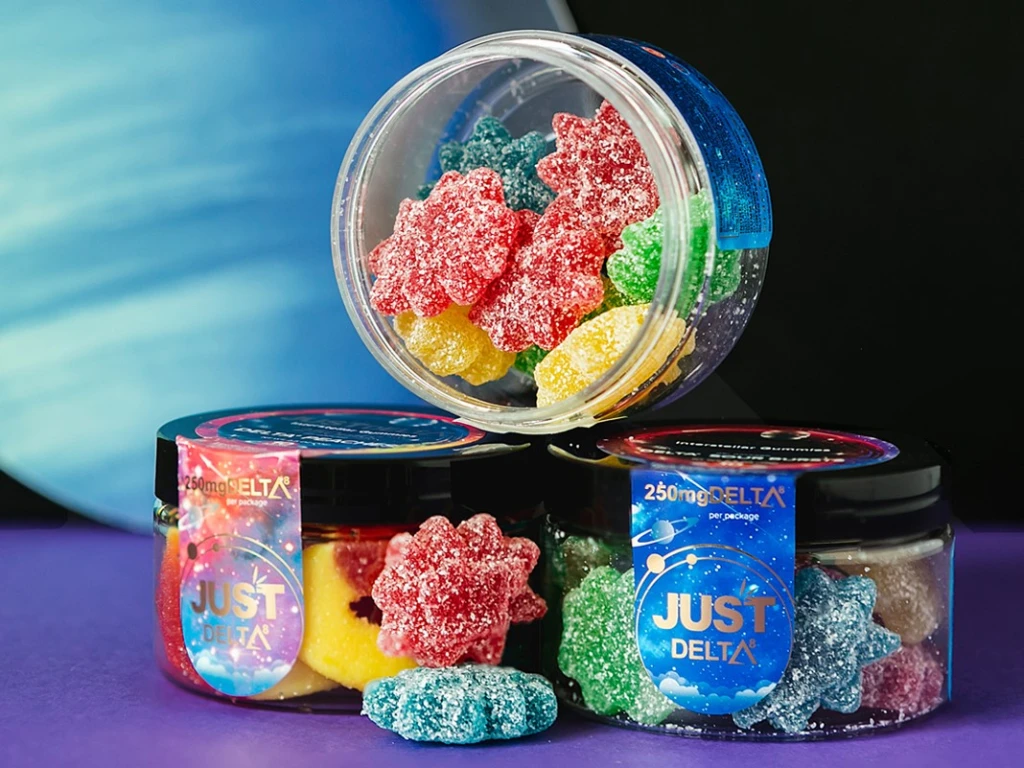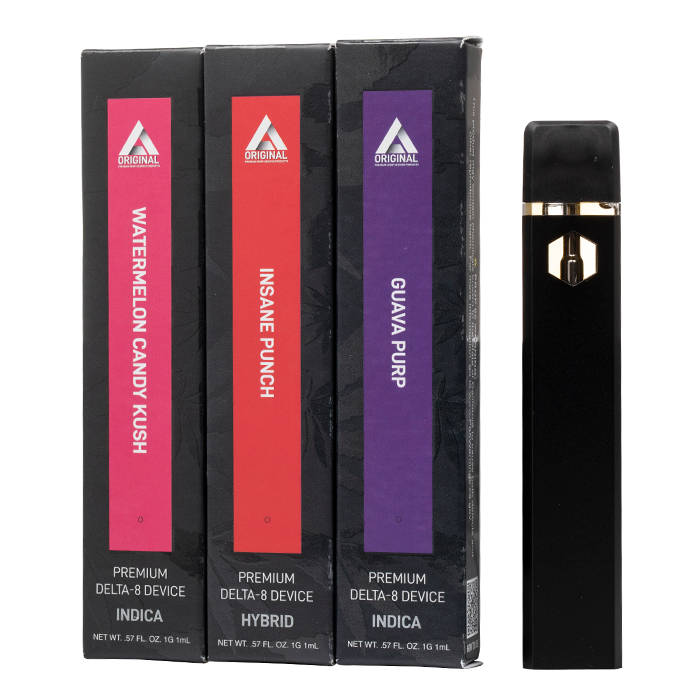Cannabinoids are becoming a common buzzword with numerous acclaimed benefits. No Cap Hemp Co THC gummies THC is a form of THC where users can enjoy the benefits of getting high without breaking the law. More importantly, is whether this compound can show in drug tests and whether it may make one fail a drug test.
Hemp and marijuana are the two most common forms of cannabis plants to extract cannabinoids. Marijuana is known for its psychoactive effects, whereas hemp was approved to produce cannabinoids, i.e., CBD and at controlled amounts of THC. Ongoing research projects have been able to identify different forms of THC within hemp and others that have been synthesized in laboratories, such as delta-10 THC, delta-8 THC, and CBD Oil Gummies. These compounds vary in their potency in inducing euphoria and ‘highness’ in their user. This article discusses the legal status of these compounds and whether or not one can fail a drug test after taking them.
The Legal Status of Delta-10 THC
The 2018 Farm Bill legalized all the CBD and cannabinoid products derived from hemp. In particular, hemp is legally defined as any cannabis plant that contains no more than 0.3% of THC by weight. Under Federal law, THC is still classified as a Schedule I substance and is therefore prohibited. However, when this law was implemented, other THC isomers such as delta-8, delta-10, and exo- THC were still not in the limelight. However, the Federal government has legalized delta-8 and delta-10 compounds as long as they are derived from hemp and that these extracts contain no more than 0.3% of delta-9 THC. Under the United Nations scheduled of psychotropic substances, CBD, unlike delta-9 THC, is not classified as a psychotropic substance and has no potential to get abused by its respective users. Delta-9 THC has exhibited dependencies on users of these substances, as Balter et al. (2014) reported. Moreover, there are states in the United States where the law is unclear and others where the law classifies it as illegal, Such as California.
Can You Fail a Drug Test by Using Delta-10 Gummies?
Consumers must comprehend the American drug test. Weaver et al. (2015) showed that drug tests look for evidence of the use of a controlled substance, and marijuana is still a controlled substance under federal law. The primary intoxicating compound in marijuana is delta 9 THC tested. The similarities between delta 10 and delta 9 THC mean that even though delta 10 is legal, it can trigger the same result as taking delta 9 THC. Delta 10 is so similar to Buy CBD Oil that it can cause a false positive drug test. Delta 8 is the same. A urine test looks for metabolites of THC rather than the compound itself. The metabolite is THC-COOH, and the body only produces it when we consume THC. THC-COOH metabolizes all forms of delta-10, resulting in detectable levels in the urine. Because delta 10 is milder than delta 9, the levels detected may be lower. We know that delta 8 is roughly 70% as potent as delta 9 and that delta-10 is likely to be similar. Taking delta10 gummies before a scheduled drug test is probably a bad idea.
Factors That May Cause Positive Delta- 10 Drug Test
Several factors may influence the results when one goes for a drug test. These include the following but are not limited to them as drug tests change to cover new loopholes.
Time Of Consumption
Naturally, when you last used delta-10 matters. The longer you haven’t used Delta-10, the less likely you will have THC metabolites in your system. So, there is less chance of triggering a test. For example, if you haven’t taken delta 10 in a few weeks, you are likely to pass your test. THC-COOH has likely been fully metabolized and excreted from your system. Therefore, it is always advisable to take some time to take delta-10 gummies, at least one week or two before going for a drug test.
Frequency Of Using Delta-10 THC
The more frequently you take delta 10, the greater you may fail a test. According to Jooste et al. (2021), daily use in the weeks coming up to the test will certainly fail, but your odds are far better if you’ve just taken it twice in the last month. As with any THC, the more you ingest, the longer it takes for the metabolites to leave your body. Delta 10 THC is anticipated to follow a similar pattern. If you are a heavy user of Delta-10, it will take several weeks to clean up for a test safely.
How The Body Breakdowns Delta-10
van der Meer (2009) indicated that our bodies are all different, and some appear to metabolize delta 10 faster than others due to individual metabolic processes. Despite having recently taken delta 10, some people get lucky. In contrast, others may have THC-COOH levels in their systems for a longer period than usual. When it takes for you to clear a drug test, your metabolism plays a larger role than you think. There’s no way to know how well your body breaks down THC compared to someone else’s. However, it is safe to say that you cannot rely on a quick metabolism to get the Delta 10 out of your system quickly. It is still extremely dangerous.
The Potency of The Delta-10
Naturally, the higher the milligram strength of delta 10 taken, the longer it will take to leave your body. For a test, the milligram strength of the delta 10 product you use influences the amount of detectable THC in your system. A 5000mg tincture takes longer to eliminate than a 1000mg Delta 10 THC Tincture. This means a 5000mg tincture a few days before a drug test might be a terrible choice, but CBD oil may succeed due to low THC levels.
Conclusion
Delta-10 is a relatively new cannabinoid in the market, although its chemical properties are similar to delta-9 THC, which is highly psychoactive. When taking drug tests, this isomer will show up in blood and urine tests due to the presence of metabolites that break down delta-10 THC. Therefore, it is important always to avoid taking this cannabinoid two to three weeks before a drug test, as it will be hard to prove otherwise.
References
Balter, R. E., Cooper, Z. D., & Haney, M. (2014). Novel Pharmacologic Approaches To Treating Cannabis Use Disorder. Current Addiction Reports, 1(2), 137-143. Balter, R. E., Cooper, Z. D., & Haney, M. (2014). Novel Pharmacologic Approaches To Treating Cannabis Use Disorder. Current Addiction Reports, 1(2), 137-143.
Jooste, J., Laurens, J. B., Jordaan, M., Marais, A. A. S., & Curlewis, L. G. (2021). The Implications Of The Use Of Cannabidiol-Related Products In A Safety-Sensitive Drug Testing Environment: A Medical-Legal Perspective. South African Medical Journal, 111(10), 942-945.
Van Der Meer, R. W., Rijzewijk, L. J., De Jong, H. W., Lamb, H. J., Lubberink, M., Romijn, J. A., … & Diamant, M. (2009). Pioglitazone Improves Cardiac Function And Alters Myocardial Substrate Metabolism Without Affecting Cardiac Triglyceride Accumulation And High-Energy Phosphate Metabolism In Patients With Well-Controlled Type 2 Diabetes Mellitus. Circulation, 119(15), 2069-2077.
Weaver, M. F., Hopper, J. A., & Gunderson, E. W. (2015). Designer Drugs 2015: Assessment And Management. Addiction Science & Clinical Practice, 10(1), 1-9.
- Delta 8 Vs. Delta 10 - November 25, 2022
- Can You Refill Disposable Delta-8 Vapes? - November 25, 2022
- Can You Hallucinate From Vaping Delta-10? - November 25, 2022

